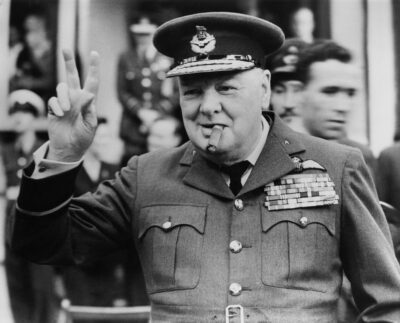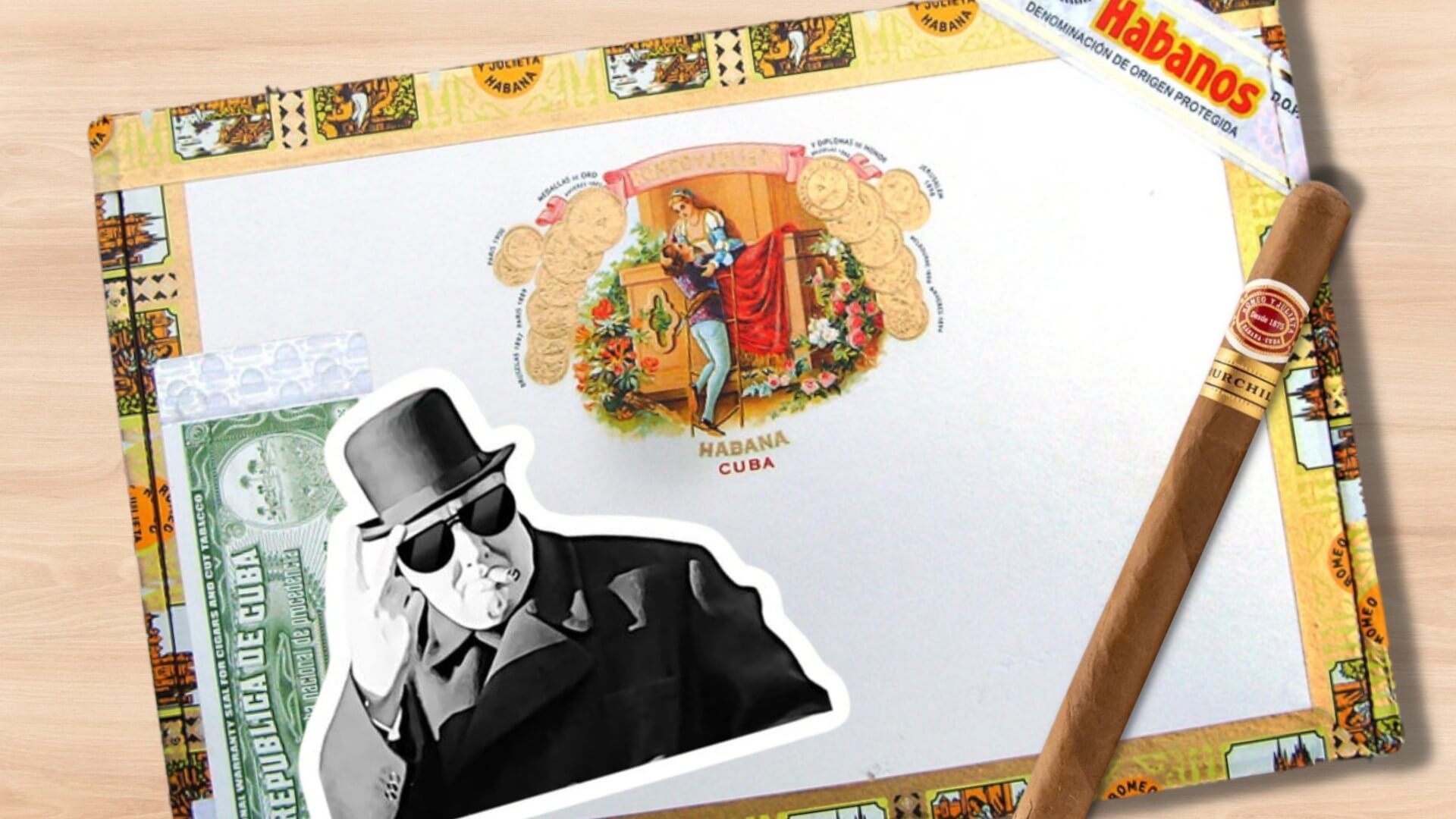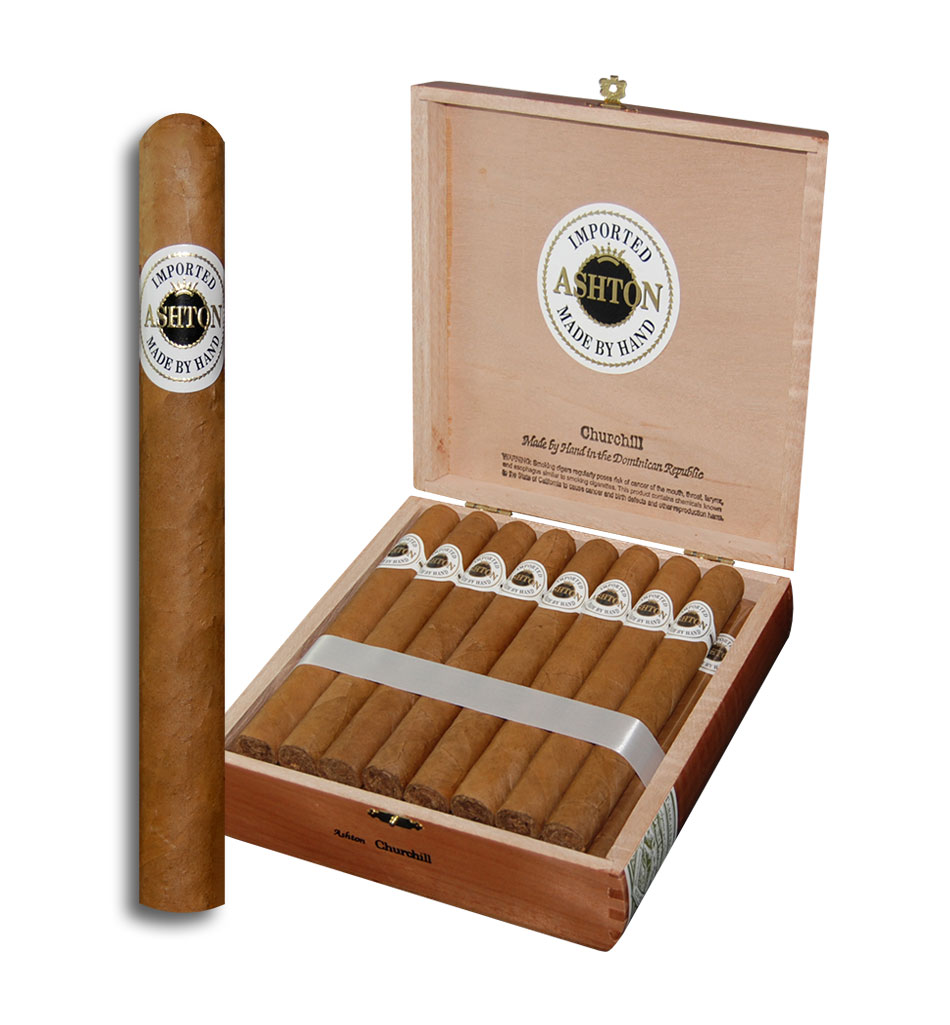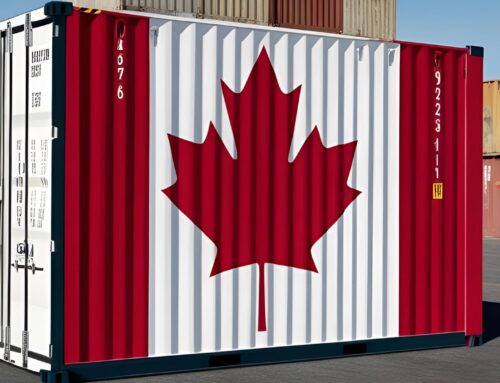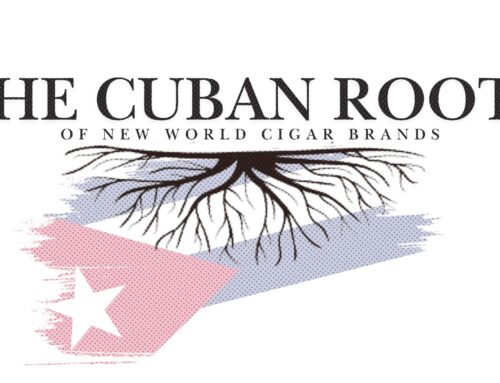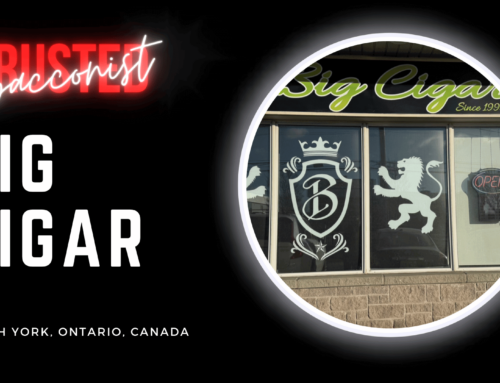Like the iconic figure they who’s name they bear, Churchill-sized cigars have come to convey power and authority.
Before hosting a luncheon in February 1945 in honor of King Ibn Sa’ud of Saudi Arabia, then British Prime Minister Winston Churchill had been informed that neither smoking nor alcoholic beverages were allowed in the royal presence of the Saudi King.
As a daily epicurean of cigars and alcoholic libations, this forbiddance did not sit well with the Prime Minister, who wrote in recollection of the event;
“As I was the host at the luncheon I raised the matter at once, and said to the interpreter that if it was the religion of His Majesty to deprive himself of smoking and alcohol I must point out that my rule of life prescribed as an absolutely sacred rite smoking cigars and also the drinking of alcohol before, after and if need be during all meals and in the intervals between them. The King graciously accepted the position.”
Cigars’ Most Recognized Smoker
Though Sir Winston Churchill is most widely known for his steadfast leadership during World War II, to many he is known as history’s quintessential iconic cigar smoker.
Long after his passing in 1965 at the age of 90 years, the name Winston Churchill is still as synonymous with cigar smoking as ever, if not moreso now than ever before.
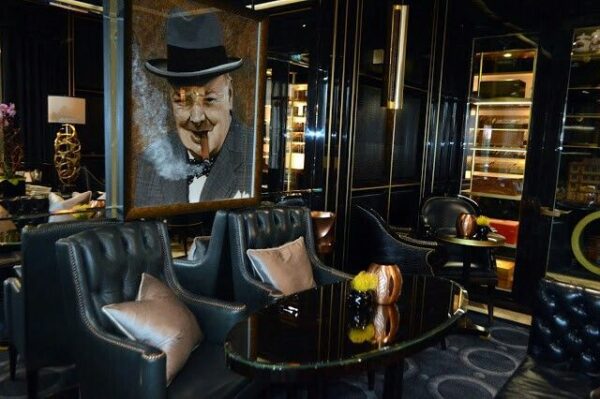
A framed Churchill image adorns the walls of the Wesllesley London Cigar Bar
Churchill once said, “I am easily satisfied with the very best”. This is believed to refer to his preference for decadent food, champagne and of course – premium-quality cigars.
In 1895, after graduating from the Royal Military Academy Sandhurst, Churchill traveled to Cuba, which was at the time involved in a fierce battle for independence from Spain. Shortly after his arrival, it was here that a newfound love of cigars was kindled.
Eventually, Churchill would be rarely seen without a cigar in hand, and was said to have smoked between 8 and 10 per day (it must be noted though he was typically smoking his cigars, they were also often being gnawed/chewed on in an unlit state).
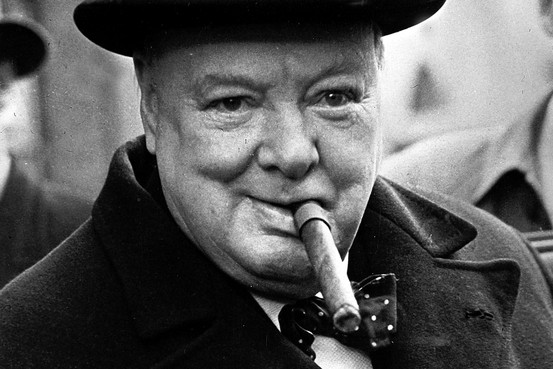
Cigars were typically smoked as a part of an elaborate daily gastronomical regimen that consisted of various multi-course meals, two bottles of Pol Roger Champagne, numerous Scotch whiskies with soda, as well as cognac.
Churchill had a serious penchant for large Cuban cigars that often fell under either the Romeo y Julieta or the La Aroma de Cuba brands.

A present day La Aroma de Cuba Churchill
As a result of Churchill’s legacy, today cigars of similar length and girth are commonly classified as a ‘Churchill”.
‘The Churchill’
Facts are muddy as to exactly when Romeo e Julieta first decided to add Churchill’s name to their Cuban cigar. Some say it occurred during a visit from the Prime Minister sometime in the 1940s. Others say it didn’t appear until well into the 1950s.
Though it varies from brand to brand, today Churchill-sized cigars are thought to encompass any cigar that measures 6 3/4 inches to 7 3/8 inches long, with a ring gauge of at least 47. They are a powerful and somewhat imposing size of cigar, which typically take between 1 hour to 1 hour 45 minutes to be smoked.
Falling behind only robustos in popularity, Churchills are the second-biggest selling size of cigar in the world. When people commonly think of cigars, the prototypical image that often comes to mind is something that appears ‘Churchill-sized’.
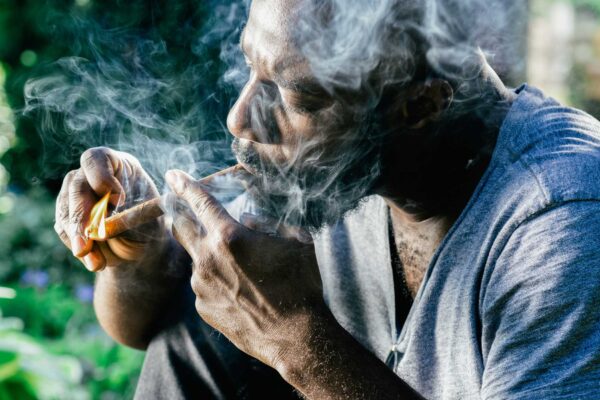
Surprisingly, today Churchill-sized cigars are difficult to find in Cuba. Cuba’s Romeo y Julieta line has evolved to include a Short, Wide and Petit Churchill which are not made in traditional Churchill length.
Summary
Winston Churchill’s association with cigar smoking was not just a personal habit; it was also a symbol of his larger-than-life personality. He viewed cigars as a way to project an image of strength, power, and authority and firmly believed that cigar smoking readied him to face the daunting challenges of his personal and political life.
Though we certainly don’t advocate mirroring Churchill’s indulgent daily routine – the magnificence of his legacy is undeniable.
